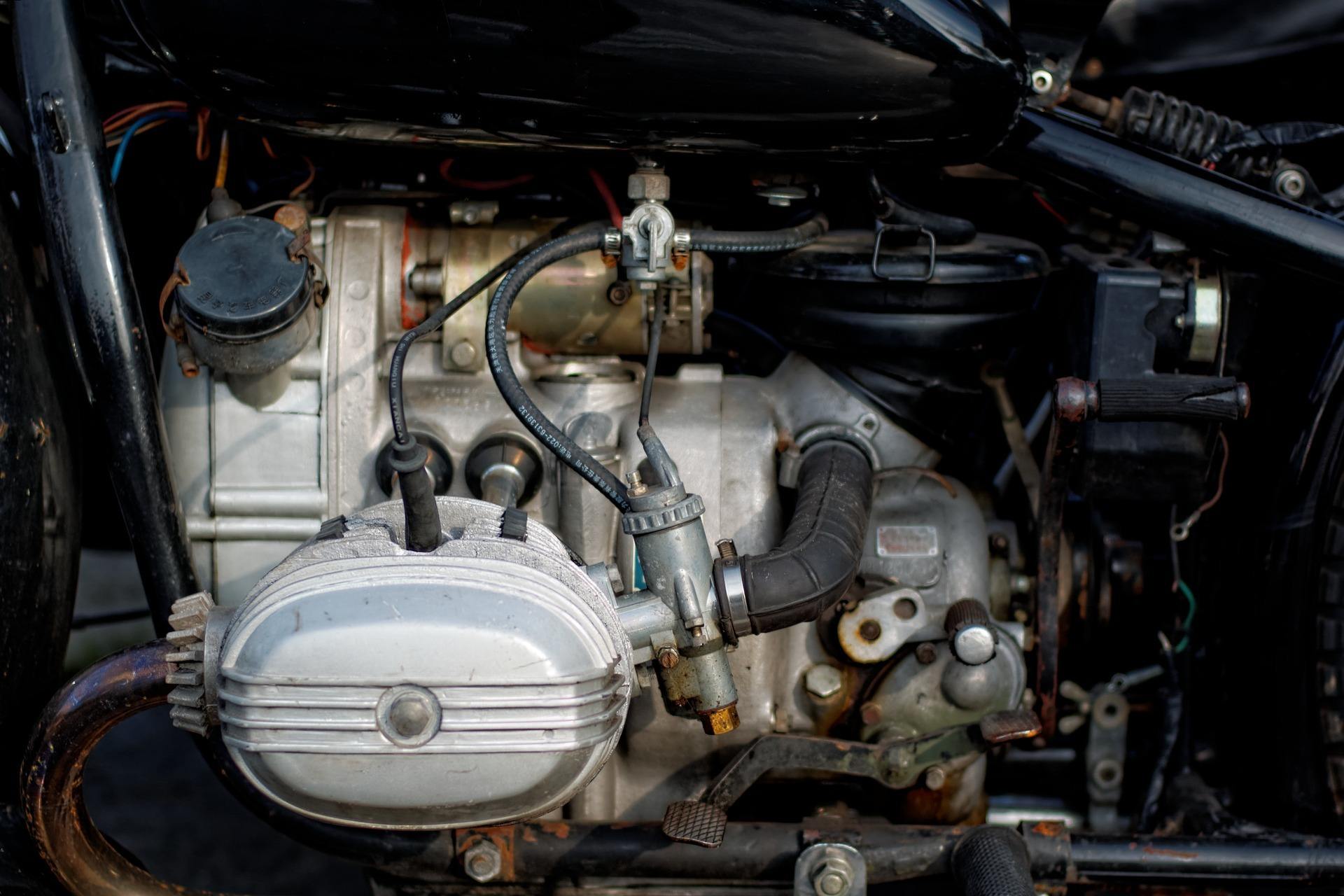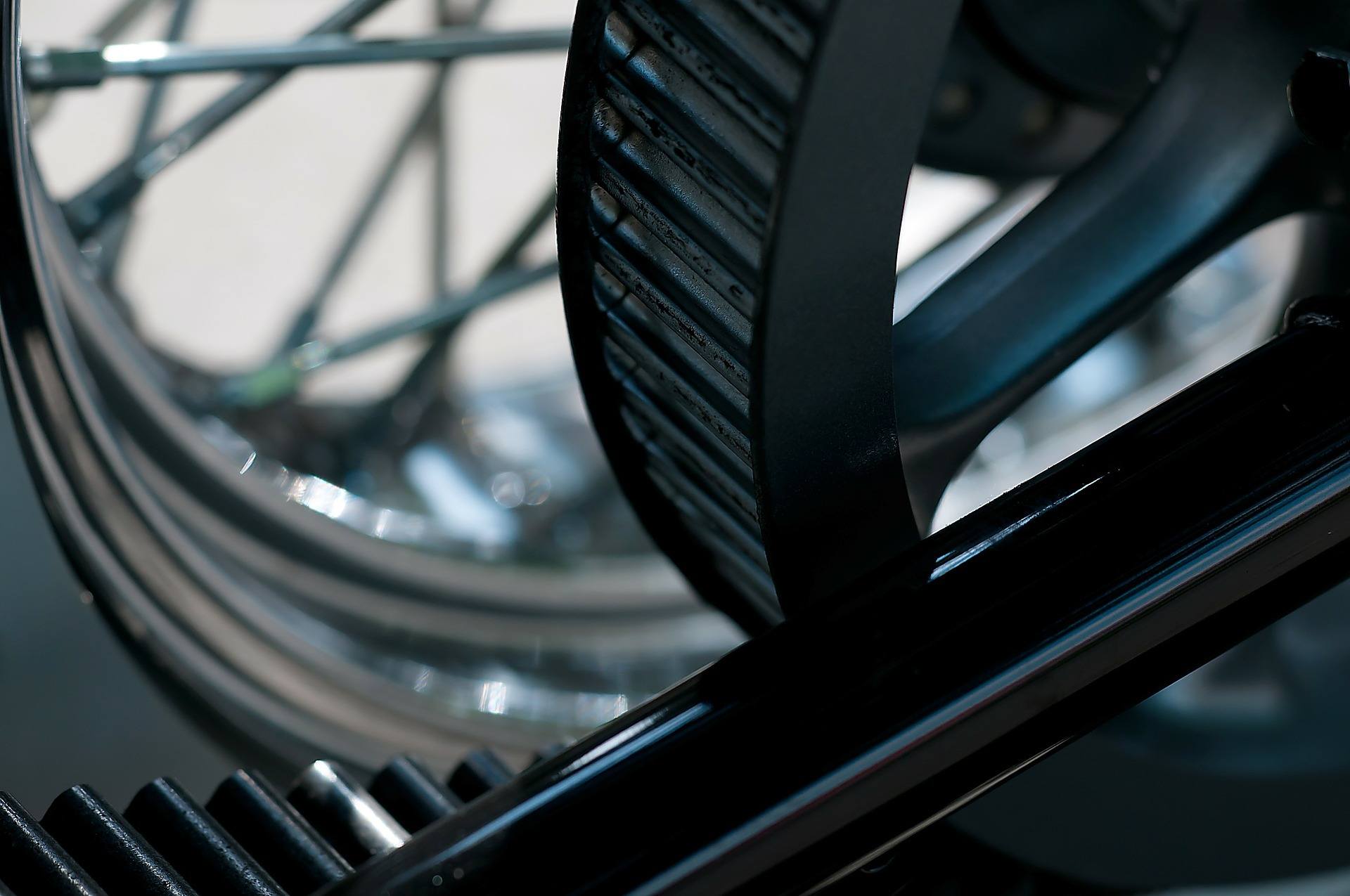How to maintain a bike to get good mileage
The average motorcycle gets 35-40 miles per gallon of gas.
This is significantly more than the average automobile, making them a very fuel-efficient means of transportation.
Just because motorcycle riders are already saving fuel costs doesn't mean that there aren't ways to improve motorcycle mileage.
The truth is, there are simple habits that motorcycle riders can use every day to increase fuel efficiency, extend the life of their engine, and save money at the same time.
Everyday Tips And Tricks That Will Save Motorcycle Riders Money On Gas
Drive a fuel-injection motorcycle.
A fuel-injected engine constantly maintains and adjusts the ratio of fuel and oxygen in the engine for optimum performance.
Fuel injection engines are more efficient, reduce emissions, and reduce wear on other engine components.
Also, these engines don't need to be warmed up, saving a few minutes of gasoline with every ride.
Drive a lighter-weight motorcycle.
Purchase the lightest motorcycle that is physically safe, comfortable, and sufficient for the type of driving conditions where it will most often be used.
A large cruiser isn't necessary for urban commutes, and the additional weight and drag will cause lower mileage.
Always use high-quality gasoline.
Unleaded, ethanol gasoline is best for motorcycles, and it allows the engine to perform better and last longer.
It's a mistake to try to save fuel costs by purchasing low-quality gasoline.
Take time when refueling.
Motorcycle riders in helmets and gloves can sometimes get a bit messy when refueling.
It may seem trivial, but care taken at the fuel pump can save pennies that add up over time.
Overfilling the tank may cause spillover and waste. And spills and drips at the gas tank not only waste money, but can damage paint.
Fill up in the morning.
Gasoline condenses at cold temperatures.
Filling up in the morning or late at night gives slightly more energy for every gallon purchased.
Drive smoothly and consistently.
Driving above the speed limit, and driving with sudden stops and starts, can negatively impact a motorcycle's mileage.
Drivers should maintain a constant, moderate speed where possible, and avoid abrupt changes in speed and velocity.
Increase the aerodynamics of the bike.
Due to the size and design of motorcycles, small things can make a big difference in the airflow around the bike, and impact mileage accordingly.
When possible, riders should wear clothing fitted to their bodies and avoid adding bulky saddlebags or extra drag to the motorcycle.
Helmet shapes can also add wind resistance, and riders should consider wearing an aerodynamic helmet.
For extra savings on fuel costs, the driver should ride while leaning far forward, behind the fairing, to use the shape of their body in an aerodynamic way.
Reduce excess weight.
Along with reducing drag, riders should omit unnecessary weight from the bike to improve mileage and reduce fuel costs.
Avoid riding with heavy baggage when possible, minimize accessories, and keep loads light.
Riders who really want to get the very best gas mileage might look at reducing their own weight as well.
In urban driving, under stop-start conditions, a driver's weight significantly impacts the energy it takes for the engine to accelerate, costing extra fuel every time.
Stay on the pavement.
While gravel roads can be charming and appeal to a sense of adventure, they cause low mileage as well as tossing dust and debris into a motorcycle's filters and lubricants.
For maximum fuel efficiency, stay on paved roads when possible, and take the highway as often as you can.
Avoiding rough roads and high-traffic stop-start driving will save on fuel costs.
Consider additives.
Depending on the specific make and model of motorcycle, and the driving climate and conditions, there may be fuel additives available that will increase fuel efficiency and lower the cost of driving.
Maintenance Tips And Tricks To Increase Fuel Efficiency In A Motorcycle:
Replace the fuel filter. A clean fuel filter increases fuel economy.
Replace it at least every other oil change, or change it with every oil change if riding in harsh conditions.
Some motorcycle owners find that it's easier to make a habit of checking and changing changing filters, fluids, and lubricants all at once, with every oil change.
Clean the air filter.
Regularly checking and replacing the air filter protects the engine from contaminants, increases airflow, and helps it run more efficiently.
Monitor tire pressure.
A correctly pressurized tire reduces friction and drag and saves fuel costs.
Change the oil regularly.
Changing the oil and oil filter at the manufacturer's recommended intervals improves engine performance and increases fuel efficiency.
Oil should be changed twice a year or every 4000 miles.
A high-quality, low-friction synthetic oil is recommended for most motorcycles, but the manufacturer's recommendation should always be followed.
Keep the chain clean, lubricated, and properly adjusted.
Not only does a well-tended chain keep a bike running well and safely, but it also increases fuel efficiency and reduces drag.
With consistent practice, regular monitoring of fuel consumption can help a rider dial in timetables for periodic checks and keep their motorcycle at peak condition.
The already high MPG of most motorcycles isn't a good reason to waste money on fuel.
A combination of smart choices about which motorcycle to ride, choosing the proper fuel, riding attentively, and regular maintenance can significantly improve a motorcycle's miles-per-gallon.
These tips will also benefit motorcycle riders in other ways, as they enhance safety and reliability, extend the life of the engine, and save money at the fuel pump and at the repair shop.
Finally, maintaining good mileage on a motorcycle reduces emissions and is good for the planet, so these habits benefit everyone.

David Williams is an author with a passion for motorcycles and all things related to the world of two-wheeled vehicles. His expertise is evident on his website, The Moto Expert, where he shares his knowledge and insights with fellow enthusiasts. Follow him on social media to stay up-to-date on the latest motorcycle news, reviews, and trends. Whether you’re a seasoned rider or just starting out, David’s content is sure to inform and entertain. Join his community and become a part of the conversation today.



